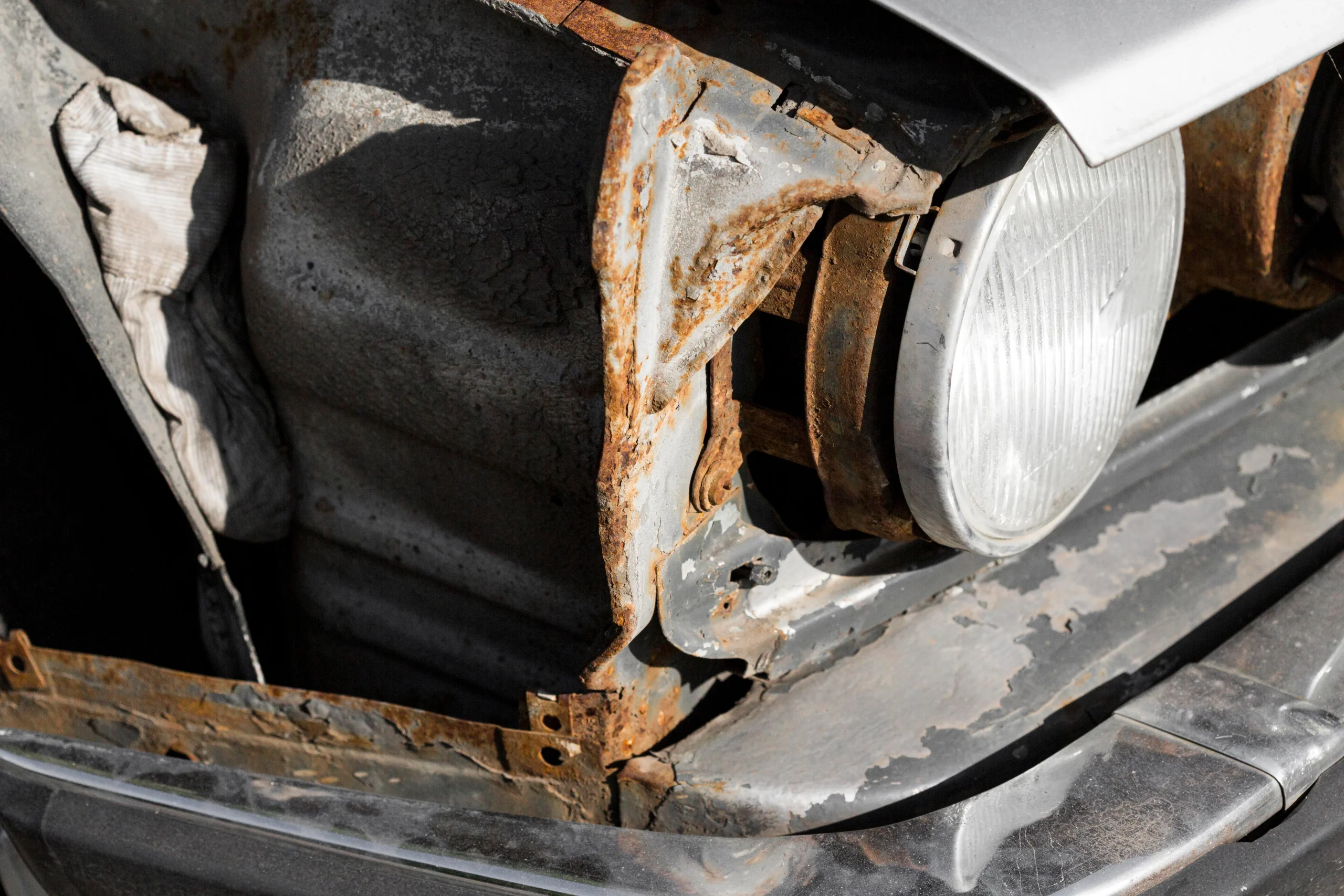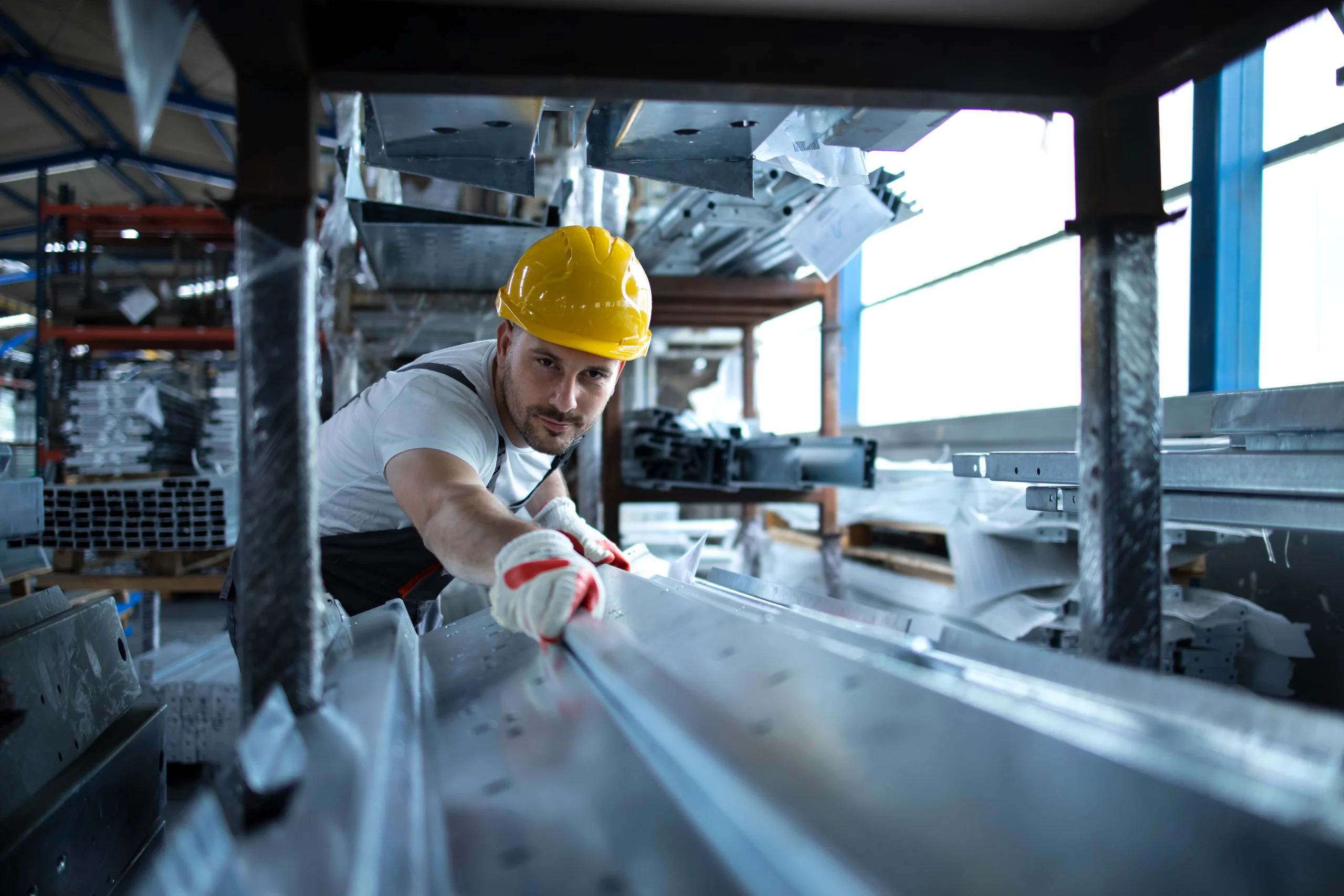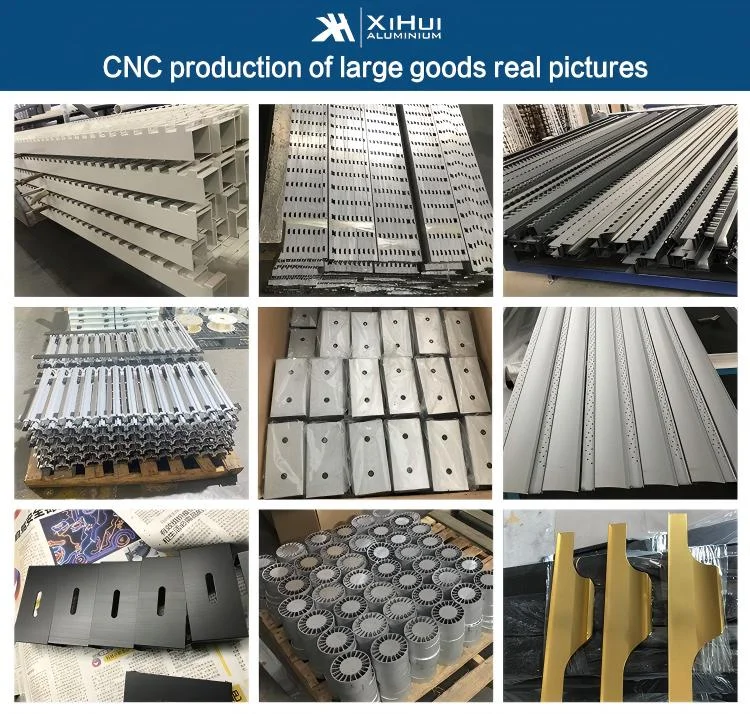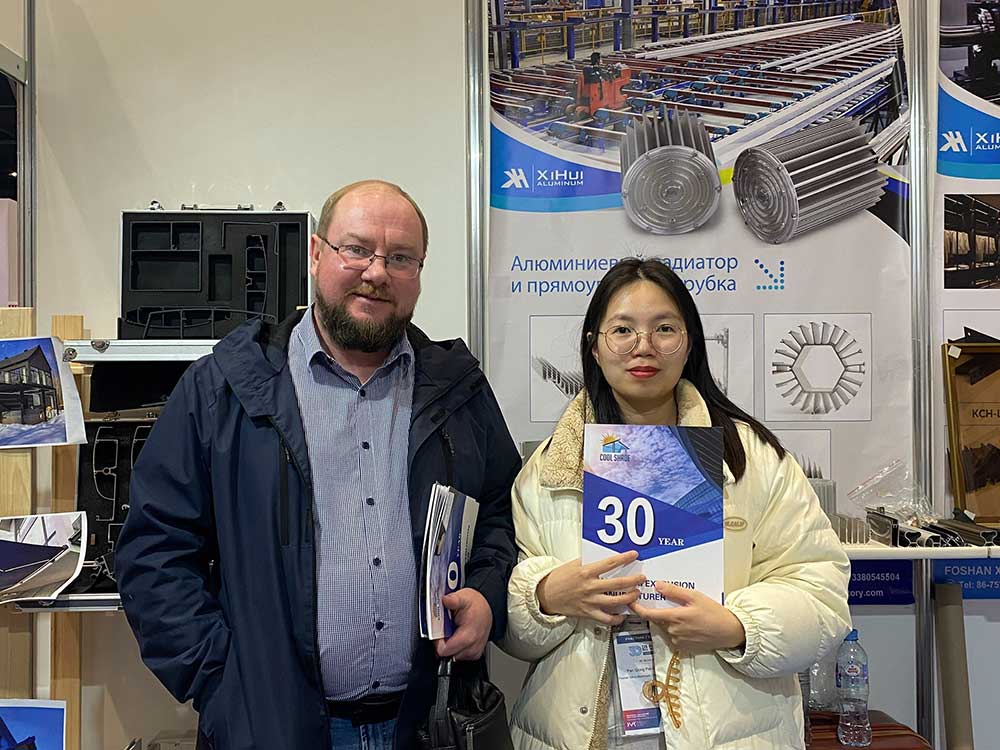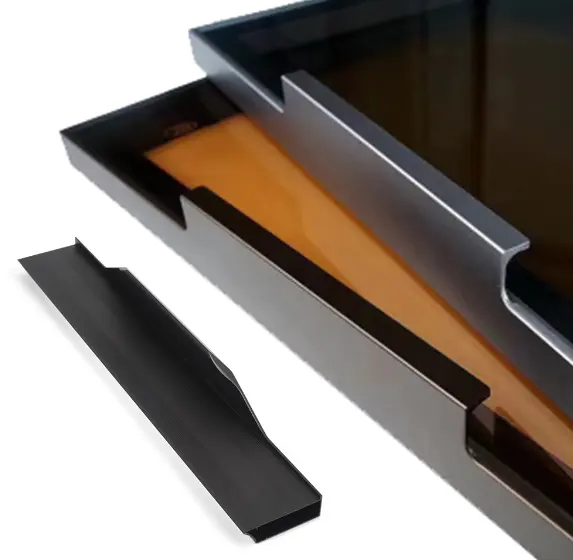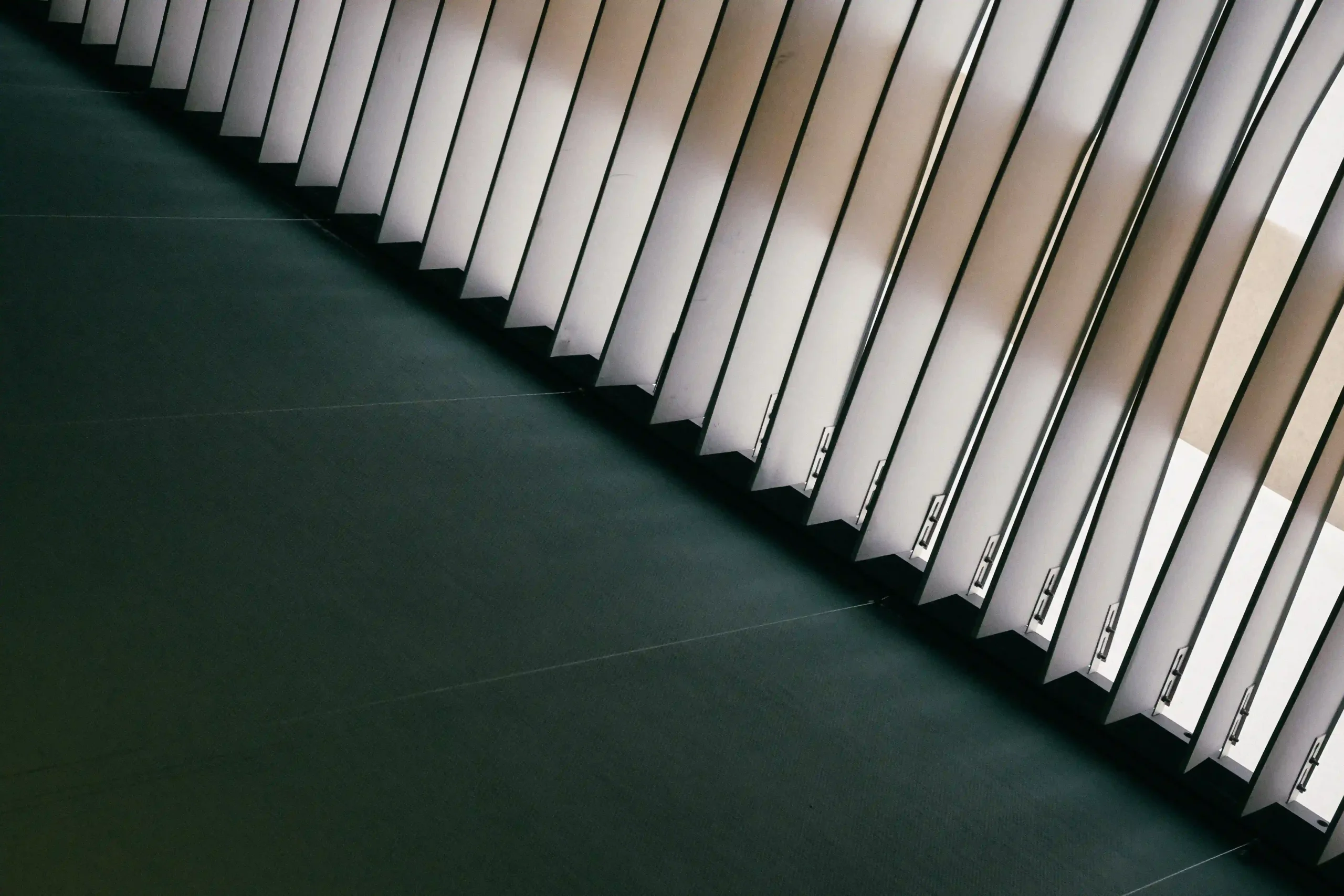Selecting the appropriate aluminum grade is a vital step in manufacturing and design. This choice ensures durability, strength, and cost efficiency. A wrong decision may lead to early failure or excessive costs.
Various aluminum series exist, each with distinct traits. Knowing these properties is crucial for engineers, designers, and buyers working with Customized Aluminium Profiles.
Understanding Aluminum Alloy Series
Aluminum’s flexibility stems from its ability to blend with other elements. This creates materials with diverse qualities. Different series serve unique roles across industries.
Pure aluminum, known as the 1000 series, boasts excellent resistance to rust and high conductivity. It suits electrical parts and chemical uses where strength is less critical. Adding manganese, forming the 3000 series, enhances durability. This material retains good corrosion resistance. It’s often used for roofing or heat transfer devices.
For coastal or marine settings, the 5000 series, alloyed with magnesium, offers a great balance. It resists saltwater damage well. This makes it valuable for ship construction and seaside projects.
Yet, for most industrial needs involving Customized Aluminium Profiles, the 6000 series stands out as highly adaptable.
The 6000 series, made with magnesium and silicon, combines strength, ease of shaping, and rust resistance. This mix makes it ideal for services producing anodized industrial CNC extrusion aluminum profiles. These profiles undergo processes like machining, milling, turning, laser cutting, drilling, grinding, bending, stamping, and welding. The 6000 series performs reliably in all these tasks.
At the top of the strength range, the 7000 series, alloyed with zinc, rivals some steels in strength-to-weight ratio. It’s essential for aerospace projects. However, its lower rust resistance and higher price restrict its use to cases where maximum strength is critical.
Key Selection Criteria for Aluminum Grades
Choosing aluminum for Customized Aluminium Profiles requires balancing several factors. Strength is often the starting point. Architectural parts may use the 6000 series. Aircraft parts, however, demand the stronger 7000 series, despite its cost.
Environmental factors matter greatly. Projects in marine settings benefit from the 5000 series’ superior rust resistance. Indoor projects might use more affordable options. Fabrication methods also guide material choice. The 6000 series’ ease of machining suits complex CNC tasks and welding.
Cost must balance initial expenses with long-term reliability. The 1000 series is budget-friendly. Yet, its limited strength could lead to costly failures over time. The 6000 series often provides the best value. It delivers solid performance at a reasonable price.
The Advantage of Custom Aluminum Profiles
Standard aluminum profiles often fail to meet specific project needs. Customized Aluminium Profiles allow precise material use. They reduce weight where possible. They also strengthen parts where needed. Tailored solutions consider both function and production methods. This ensures components perform well throughout their lifespan.
Specifying exact sizes, tolerances, and finishes is key. Combined with proper alloy choice, this creates parts that fit perfectly into larger systems. Such precision meets performance goals. This customization is especially useful in fields like automation, transport, and building design. Standard options often fall short in these areas.
Custom profiles optimize efficiency. They minimize waste and enhance durability. By working with skilled manufacturers, designers ensure parts meet exact specifications. This approach leads to better outcomes across industries.
Making the Right Choice
Selecting the right aluminum grade involves weighing mechanical needs, environmental factors, fabrication methods, and budget limits. For most industrial uses involving Customized Aluminium Profiles, the 6000 series is the top choice. It offers a strong balance of durability, workability, and rust resistance. Its anodization properties further enhance its appeal. This makes it a go-to option for many professionals.
When exceptional strength is required, the 7000 series is necessary. Its drawbacks, like higher cost, are justified in such cases. On the other hand, when rust resistance is more critical than strength, the 5000 series excels. Understanding these properties helps align material choices with project goals. This ensures both performance and cost efficiency.
Key Considerations for Aluminum Grade Selection
When exceptional strength is required, the 7000 series is necessary. Its drawbacks, like higher cost, are justified in such cases. On the other hand, when rust resistance is more critical than strength, the 5000 series excels. Understanding these properties helps align material choices with project goals. This ensures both performance and cost efficiency.
Collaborating with experienced manufacturers is key. Those who understand material traits and offer tailored services ensure the chosen grade performs reliably. This partnership between designers and material experts leads to superior solutions. It benefits all industries relying on aluminum components.
The process starts with clear communication. Designers must specify project needs. Manufacturers then suggest suitable grades and processes. This teamwork ensures the final product meets expectations. It also avoids costly errors.
For example, in automation, precise profiles enhance machine performance. In transport, lightweight yet strong profiles improve fuel efficiency. In architecture, custom profiles create visually appealing, durable structures. Each case shows the value of choosing the right grade.
The 6000 series’ versatility makes it a safe bet for most projects. Its ability to handle various fabrication methods is a major advantage. From CNC machining to welding, it performs consistently. Its corrosion resistance suits both indoor and outdoor uses. This reduces maintenance costs over time.
The 5000 series, while less common, is vital for specific needs. Its ability to withstand harsh environments like saltwater exposure is unmatched. For coastal projects, it’s often the only practical choice. The 1000 series, though limited in strength, serves niche roles. Its conductivity makes it ideal for electrical applications.
The 7000 series, while powerful, is reserved for extreme cases. Its high strength suits aerospace and heavy-duty equipment. But its cost and rust issues limit its use. Careful consideration ensures it’s only used when necessary.
Budget constraints often influence decisions. The 6000 series strikes a balance here. It’s not the cheapest option upfront. But its durability reduces long-term costs. This makes it a smart investment for most projects.
Environmental factors can’t be ignored. Indoor projects face fewer challenges. Outdoor projects, especially near coasts, demand robust materials. The 5000 or 6000 series often fits these needs. Testing materials in simulated conditions can confirm their suitability.
Fabrication methods also shape choices. Complex designs require materials that machine well. The 6000 series excels here. Simpler projects might use other series if cost is a concern. Discussing fabrication with manufacturers clarifies these needs.
Ultimately, the right choice maximizes performance and value. It minimizes risks like component failure. By focusing on project specifics, professionals make informed decisions. These choices lead to successful outcomes across industries.
Partnering with manufacturers who prioritize customization is crucial. They offer insights into material behavior. They also streamline production. This ensures Customized Aluminium Profiles meet both technical and aesthetic goals. The result is a product that performs reliably and lasts.
Xihui Aluminum Factory specializes in manufacturing high-quality customized aluminum profiles for industrial applications. As a professional aluminum extrusion manufacturer, we offer precision-engineered solutions including our premium 6000 Series Customized Aluminium Profiles that feature excellent strength, machinability, and corrosion resistance. Our products undergo advanced processing like CNC machining, anodizing, and surface treatment to meet strict industry standards.
Ideal for construction, automotive, and machinery industries, our aluminum profiles provide durable, lightweight solutions with customizable specifications. With strict quality control and reliable service, Xihui delivers superior aluminum extrusion products tailored to your project requirements.
To learn more, please visit [https://www.xhalufactory.com/].


